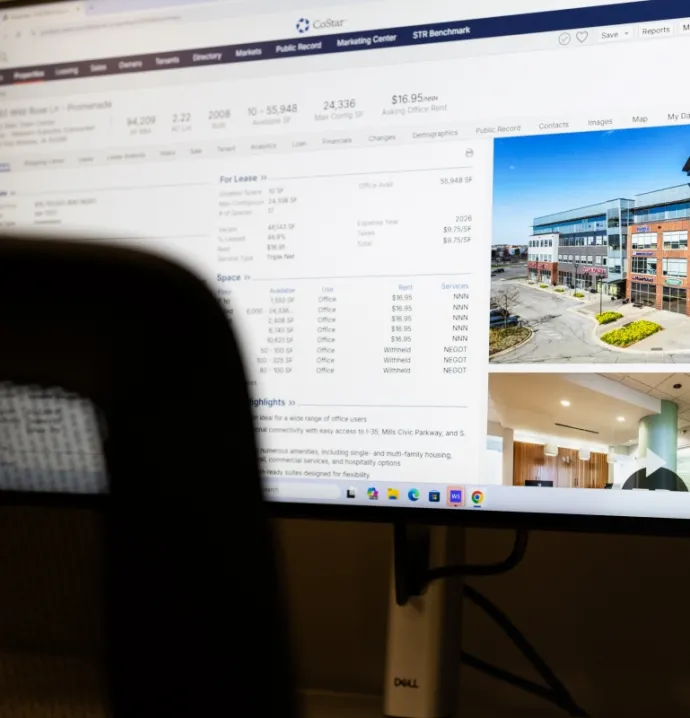Why social responsibility has become a bigger part of company planning
Why social responsibility has become a bigger part of company planning
Ronnie Chen, assistant professor of finance at UNIBusiness, has noticed corporate social responsibility becoming a hot topic in the finance research world over the last decade. More companies are paying attention to social responsibility as more consumers become more socially conscious, and researchers have taken notice.
In a business sense, social responsibility means that businesses must maximize shareholder value while also acting in a manner that benefits society. Being socially responsible could take on a number of different forms, like sourcing materials in an environmentally-conscious way or giving back significant amounts of time and/or money to the community.
The jury is still out on whether being socially responsible ultimately benefits the bottom line, but it’s clear more companies are taking it into consideration. About 85% of companies on the S&P 500 file annual sustainability reports, and that number seems poised to swell as social responsibility continues to come to the forefront.
Chen laid out three reasons why corporate responsibility has gained so much traction in the business world.
It builds trust
Being socially responsible builds a level of trust with shareholders. Nobel Prize-winning economist Joseph Stiglitz actually found that trust is one of the most important things between a company and investors. That can lead to higher stock prices and more revenue for an organization.
Some researchers found that the stock prices of socially responsible companies did better during the [2008 economic recession] because investors believed they could trust those companies to take care of their money and investments.Ronnie ChenUNIBusiness assistant professor of finance
“So if your company is wanting to be socially responsible, investors know that, and that is going to help investors build trust in the company,” Chen said. “Some researchers found that the stock prices of socially responsible companies did better during the [2008 economic recession] because investors believed they could trust those companies to take care of their money and investments.”
Marketability of products and services
While many customers will still choose product based on price, about two-thirds of Americans consider sustainability when making a purchase and are willing to pay more for sustainable products, according to a CGS study.
“These days, customers are more aware of a company’s social responsibility,” Chen said. “So if everything is equal, they will probably want to purchase services and products from social responsible companies. But it should be noted that for most customers, price is the most important factor in their decision-making process.”
Chen used the example of Asia Pulp & Paper (APP), a giant international paper supplier that for many years cut down trees in Indonesia’s rainforests, drawing the ire of the public and local governments. Many vendors and customers cut ties with the organization, eventually shifting how the company did business. APP now follows its Sustainability Roadmap Vision, which focuses on reducing deforestation.
“Customers boycotted [APP] products,” Chen said. “So in the longer term, being socially responsible can be good for revenues and your customers will like you better.”
Responsible investing
For companies to expand, they need revenue. And at the beginning of a company’s life cycle, much of the revenue comes from investors. Chen said investors are usually more apt to lend money to companies who have an aspect of social responsibility.
That mindset helped popularize what is called ESG investing, which stands for environmental, social and governance. Investors who employ this strategy examine each case through these categories while weighing profitably and potential.
Ryan Flugum, assistant professor of finance, receives a running list of research papers from peers in the finance space. He’s notice that more and more are touching on this topic of socially responsible investing.
“More frequently, they’ve been related to ESG investing,” he said. “It’s a hot topic right now.”
Flugum said younger students are more passionate about social responsibility, and that could push companies further into the socially responsible space in the future as these students enter the workforce and become powerful consumers.
“From what I’ve seen from my students, and I’ve been teaching for 16 years, they seem to be more passionate about a cause,” Flugum said. “These corporate social responsibility programs do seem to draw a particular kind of student. That wasn’t necessarily that way when I first started.”




